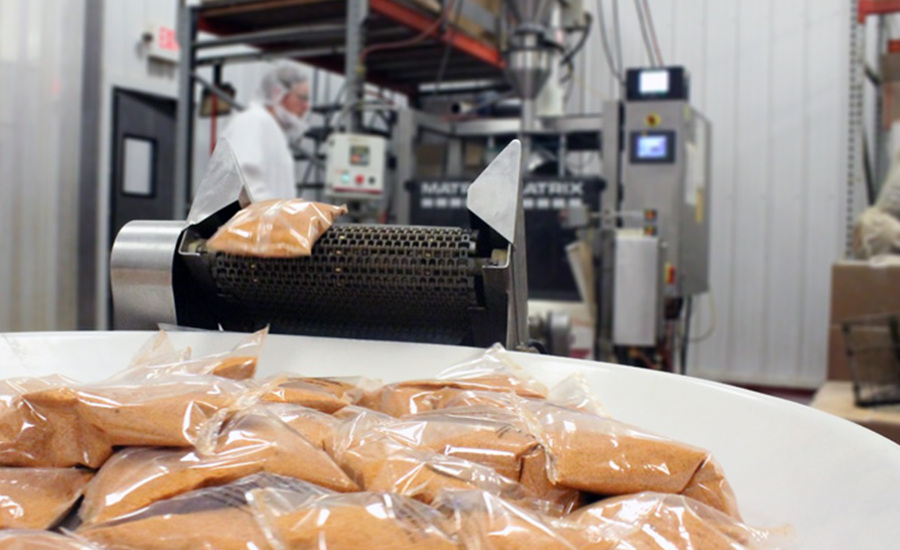Introduction
In the very controlled food industry, contract producers play an important function in bringing products to market. These business focus on producing as well as packaging foodstuff in support of other firms, enabling brands to concentrate on marketing and also circulation. Nonetheless, contract suppliers should browse an intricate landscape of food labeling needs to ensure conformity with Australian laws. This post offers understandings and also guidance for agreement manufacturers running in Australia, covering topics such as contract food manufacturing, food security standards, labeling demands, and more.
Contract Food Manufacturing: Satisfying the Demand for Outsourcing
Contract food manufacturing has become significantly prominent in recent times as organizations want to outsource their production requirements. This arrangement allows firms to take advantage of the expertise and also sources of customized makers while concentrating on their core proficiencies. In Australia, contract food manufacturing is a thriving market, with firms using a vast array of solutions, consisting of product development, formula, packaging, as well as high quality control.

Understanding Food Safety Specifications in Australia
Food security is of vital value in the contract production market. Contract suppliers should stick to rigorous policies to make certain food product contract manufacturing the security and integrity of the items they create. In Australia, these standards are set by Food Specification Australia New Zealand (FSANZ) and also applied by state as well as area governing authorities.


The Good Production Practices (GMP) guidelines give a framework for making sure that food are made regularly and fulfill high quality standards. Agreement manufacturers must execute durable quality assurance systems to adhere to GMP needs. This involves developing procedures for ingredient sourcing, manufacturing processes, storage, taking care of, product packaging, labeling, and also distribution.
Meeting Classifying Needs: Secret Considerations
Accurate as well as interesting labeling is crucial for making certain consumer security and promoting transparency in the market. Contract producers have to familiarize themselves with Australian labeling needs to stay clear of expensive mistakes or prospective lawful concerns. Right here are some vital factors to consider when it comes to food labeling in Australia:
1. Required Tag Information
Australian food labeling regulations need particular details to be displayed on product tags. This includes the item name, components list, irritant information, dietary info, and country of origin. Contract manufacturers should make sure that all obligatory tag details is accurate and plainly legible.
2. Allergen Management
Allergen monitoring is a vital element of food labeling in Australia. Agreement suppliers must have durable systems in place to prevent cross-contamination and also properly state the visibility of allergens on item labels. This includes conducting thorough risk evaluations, executing segregation actions, and also consistently screening for allergen traces.
3. Nutritional Information
Nutritional info is an important consideration for consumers when making buying decisions. Australian food labeling legislations call for contract producers to provide accurate and also standardized nutritional details on their items. This includes the power worth (calories), healthy protein web content, fat content, carbohydrate material, as well as any other appropriate nutrient information.
4. Native Land Labeling
Country of beginning labeling is an additional demand that agreement producers must adhere to in Australia. This entails plainly suggesting the nation or nations where the item was made or grown. The Australian Competitors as well as Consumer Payment (ACCC) gives standards on how to fulfill country of origin labeling requirements.
5. Wellness Claims and Advertising Messages
Contract manufacturers ought to also know the guidelines bordering health insurance claims and advertising and marketing messages on food tags. In Australia, any kind of cases made regarding the health benefits or homes of a product must be sustained by clinical evidence as well as comply with particular guidelines set by FSANZ.
FAQs: Typical Inquiries Concerning Food Labeling Demands in Australia
What are the effects of non-compliance with food labeling demands in Australia? Non-compliance with food labeling requirements can result in lawful charges, consisting of penalties or item remembers. It can additionally harm a brand's credibility and also deteriorate customer trust.
Are there details labeling needs for health food items in Australia? Yes, organic food products have extra labeling requirements in Australia. They must be licensed by an identified natural certifier as well as present the appropriate certification logo.
Can contract makers help with item growth and also solution? Yes, numerous contract makers provide product advancement as well as formulation services. They can help in creating custom formulas that fulfill details dietary or dietary requirements.
What is the role of contract suppliers in ensuring food security? Agreement producers are in charge of executing durable food safety and security systems, including GMP guidelines, to ensure the security and stability of the products they produce.
Are there any exemptions to food labeling demands for small businesses? Small companies might be eligible for certain exceptions or simplified labeling needs. Nevertheless, it is very important to talk to regulative authorities or look for legal advice to determine eligibility.
How can contract manufacturers stay upgraded on modifications to food labeling regulations? Contract suppliers need to routinely check updates from FSANZ and also various other regulative bodies. They can likewise involve with industry associations and attend relevant seminars or workshops to stay informed.
Conclusion
Navigating food labeling demands in Australia is a complex task for contract manufacturers. Compliance with laws is essential to make sure consumer safety and also maintain trust in the market. By understanding the crucial factors to consider detailed in this write-up, agreement manufacturers can navigate the governing landscape properly while providing high-quality items that meet sector criteria. Partnering with seasoned experts who focus on food labeling as well as conformity can additionally improve a contract producer's ability to satisfy these needs successfully.